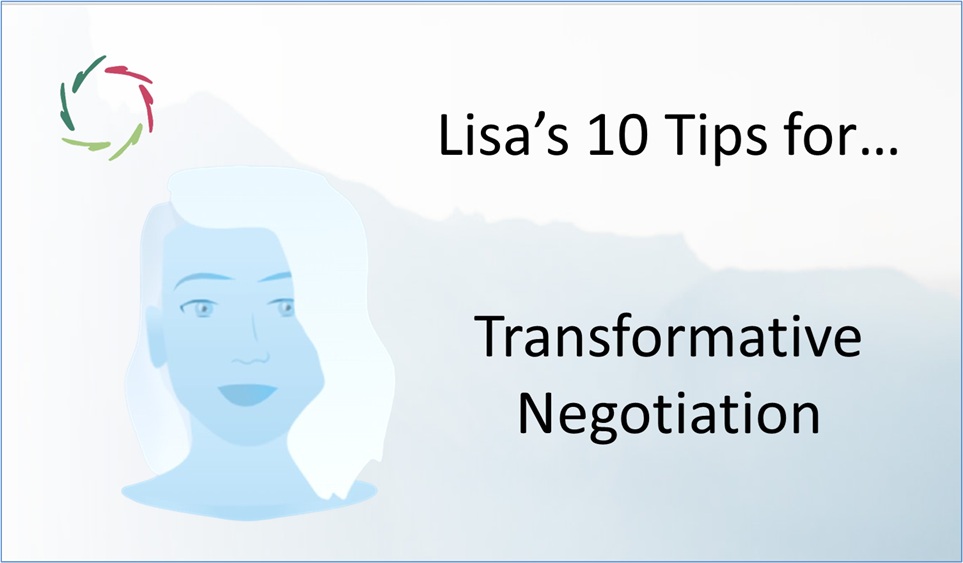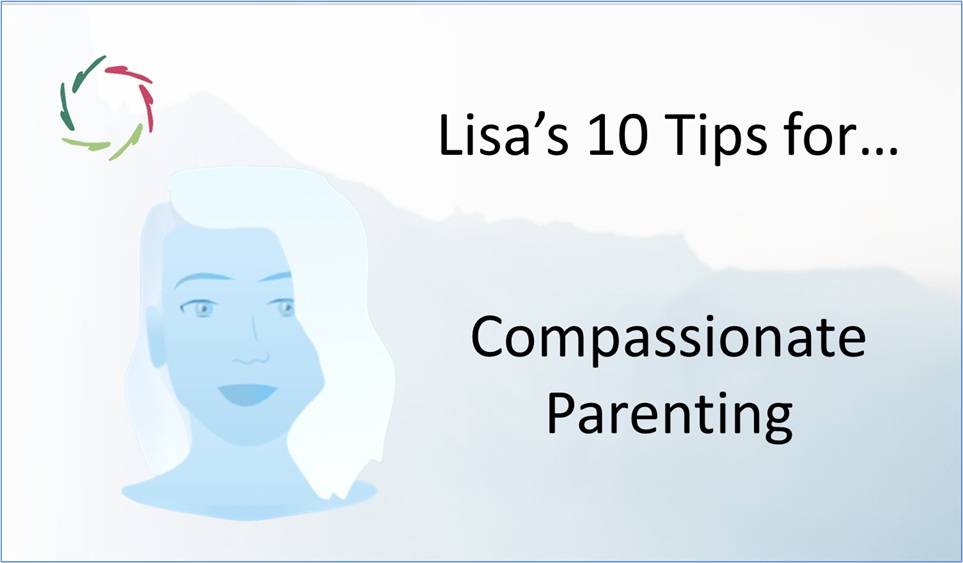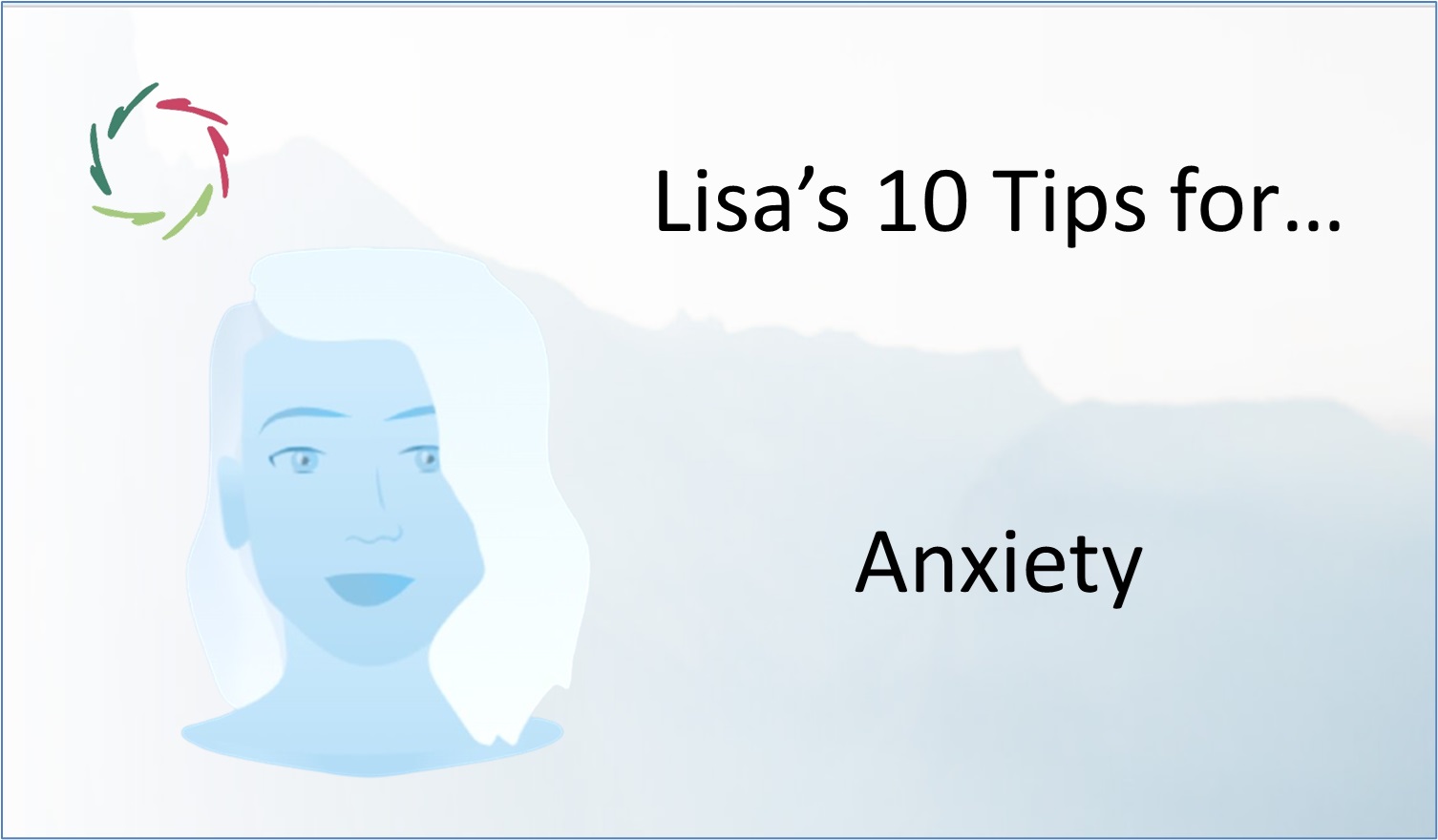Lisa’s 10 Tips for… Building Self-Compassion

Here are ten original tips for building self-compassion that are specifically based on Lisa’s knowledge and deeper insights ― avoiding the common tips that are frequently offered.
These tips, provided by A.I. coach-bot Lisa (human ratified, hardly or unedited), Compassionately align with both rationality and depth as well as with a synthesis of fostering growth and relief of suffering ― forming a deep approach that aims for fundamental transformation rather than superficial fixes. For more about their use, see Lisa’s 10 Tips for… An Introduction. Note that this is support, not therapy. If needed, please seek out proper human therapy.
Speak to yourself like a friend
Often, we reserve our harshest judgments for ourselves, speaking in ways we would never dare speak to a friend. When you catch yourself being self-critical, pause and ask
“What would I say to someone I care about in this situation?” Offering yourself the same kindness and understanding you would give a friend shifts the tone of your inner dialogue. It helps you soften those harsh, automatic reactions, allowing you to become your ally. This practice builds a foundation of kindness toward yourself that grows stronger over time.
Acknowledge your feelings without judgment
One of the core aspects of self-compassion is accepting your emotions without labeling them as “good” or “bad.” When difficult feelings arise—whether it’s frustration, sadness, or anxiety—acknowledge them with openness as natural human responses. Instead of trying to push them away or suppress them, allow yourself to feel them fully. This gentle acceptance reduces the emotional struggle, helping you process feelings more easily. Acknowledging your emotions without judgment fosters a deeper understanding of yourself, leading to greater emotional resilience.
Forgive yourself for past mistakes
We all carry the weight of past mistakes, but holding onto guilt or shame only deepens the wound. Self-compassion invites you to forgive yourself, recognizing that mistakes are part of the learning process. Reflect on what you’ve learned from your mistakes and how they’ve contributed to your growth. By forgiving yourself, you release the emotional burden that keeps you stuck in the past. This act of self-forgiveness opens up space for healing and allows you to move forward with a sense of peace and self-acceptance.
Embrace imperfection
Perfectionism can trap you in a cycle of self-criticism, but embracing your imperfections allows for growth and authenticity. Recognize that imperfection is part of being human—it’s what makes each of us unique. Rather than striving for an unattainable standard of perfection, accept that mistakes and flaws are natural and valuable. They offer opportunities for learning and self-improvement. This shift from perfectionism to embracing imperfection reduces the pressure you place on yourself and helps you approach life with more ease and self-compassion.
Practice mindful self-care
Self-compassion is not just about mental kindness; it’s about attending to your physical and emotional needs. Engaging in self-care is a way of telling yourself that you are worthy of care and attention. This could be as simple as getting enough rest, eating nourishing foods, or taking time for activities that bring you joy. Practicing mindful self-care means being present with yourself in these moments—fully appreciating the care you’re giving to your body and mind. This mindfulness reinforces the idea that you deserve love and compassion, just like anyone else.
Challenge the inner critic
The inner critic often operates on autopilot, repeating negative thoughts about yourself without you even realizing it. When you hear that critical voice, pause and question it. Is this judgment really true, or is it an old pattern of self-criticism? Challenge these negative thoughts by offering a more compassionate, balanced perspective. For example, instead of thinking, “I’m not good enough,” you might say, “I’m doing my best, and that’s enough.” Over time, this practice weakens the inner critic’s hold on you and replaces it with a kinder, more supportive inner voice.
Celebrate small wins
Perfectionists often focus on what they haven’t achieved, overlooking the progress they’ve made. Self-compassion invites you to celebrate your small victories, no matter how minor they may seem. Whether it’s finishing a project, taking time for yourself, or simply getting through a tough day, take a moment to acknowledge these accomplishments. Celebrating small wins builds a positive relationship with yourself, reinforcing that you are capable and worthy. This practice shifts your focus from what’s missing to what’s already good, helping you cultivate a sense of gratitude and self-respect.
Recognize common humanity
Self-compassion becomes easier when you realize that you are not alone in your struggles. Everyone faces challenges, makes mistakes, and experiences difficult emotions. By recognizing that imperfection is a shared human experience, you can begin to feel more connected to others and less isolated in your difficulties. This common humanity reminds you that you are not uniquely flawed; rather, you are part of the larger human journey. This understanding fosters greater compassion not only for yourself but also for others, deepening your sense of empathy and connection.
Use compassionate imagery
Visualization is a powerful tool for cultivating self-compassion. When you’re feeling overwhelmed or self-critical, close your eyes and imagine yourself as someone deserving of love and care. You might visualize yourself as a child in need of comfort or as your current self surrounded by warmth and kindness. Imagine offering yourself the same compassion you would give to a loved one. This imagery helps activate your innate capacity for compassion, reinforcing the belief that you are worthy of kindness, even in your most difficult moments.
Practice self-compassion meditation
Meditation is an effective way to deepen your connection to self-compassion. During self-compassion meditation, focus on breathing in kindness and breathing out self-criticism. With each inhale, imagine filling yourself with warmth and love, and with each exhale, let go of negative judgments. This practice creates a sense of inner peace and nurtures a compassionate mindset. Over time, self-compassion meditation helps retrain your mind to approach challenges with kindness rather than criticism, allowing you to become more patient and gentler with yourself.
―
These tips encourage a nurturing, patient approach to building self-compassion. They focus on shifting from harsh self-judgment to kindness, embracing imperfections, and creating habits that reinforce a compassionate relationship with yourself. I hope you find these tips helpful!

.
.
.


